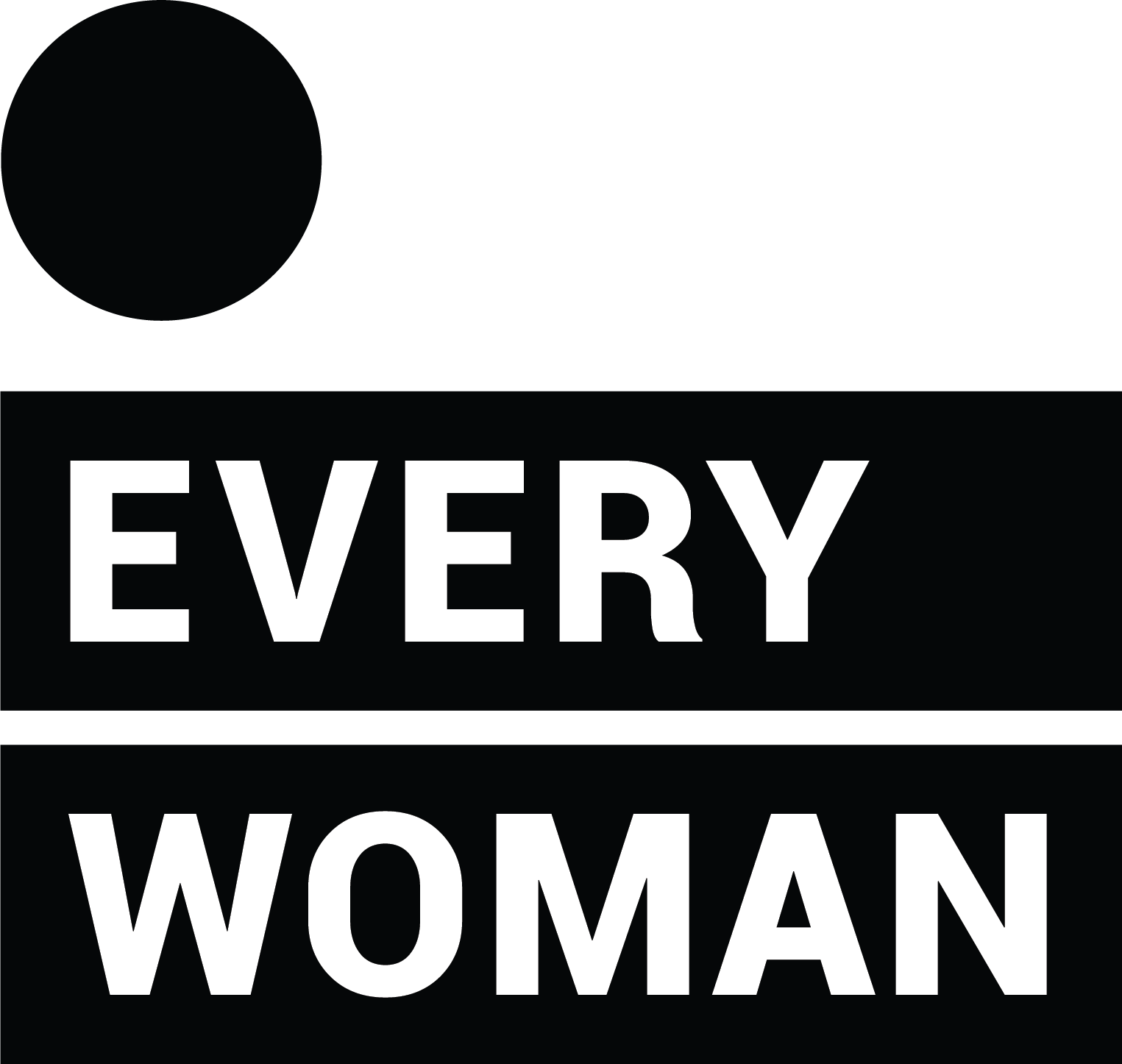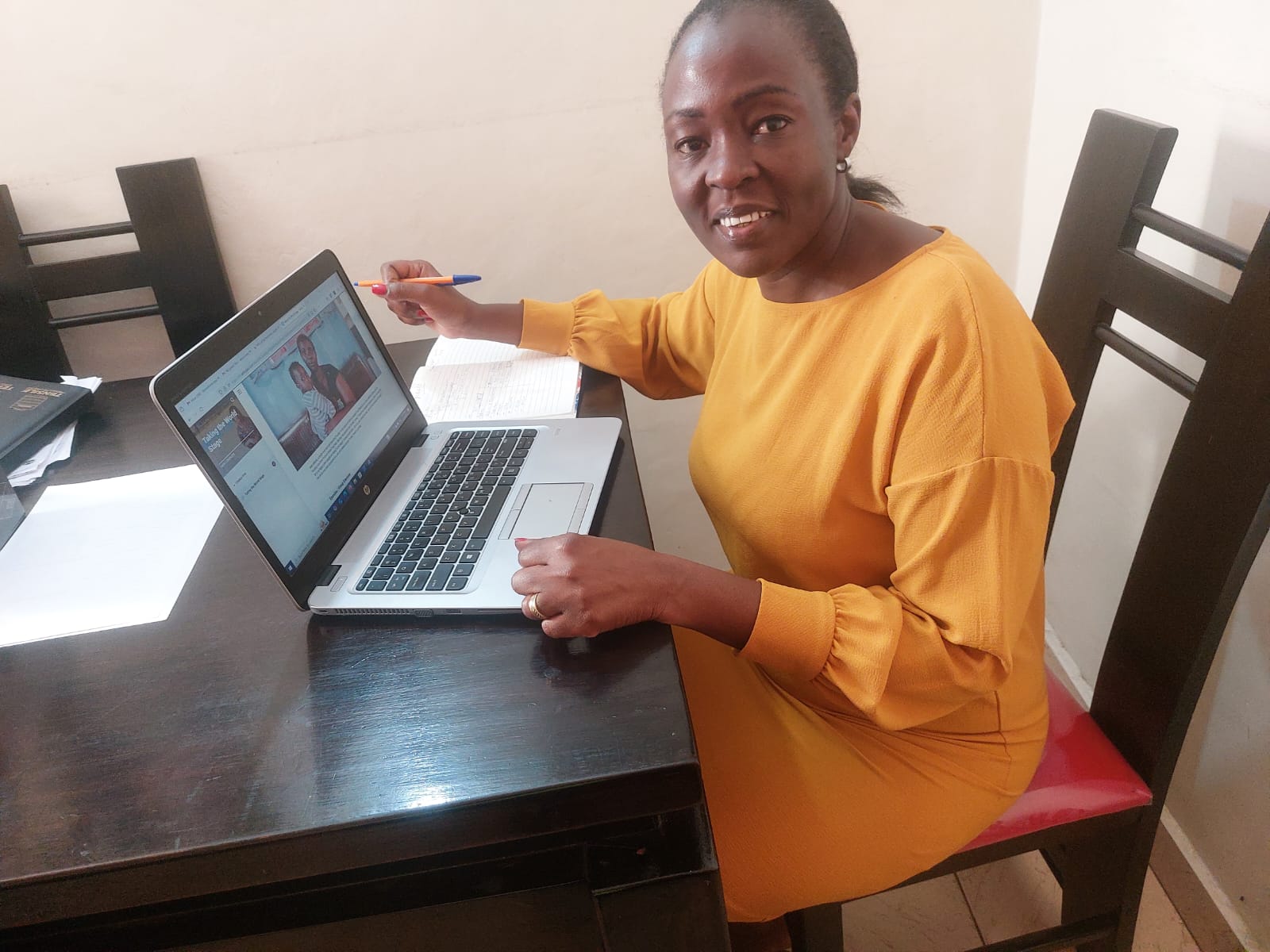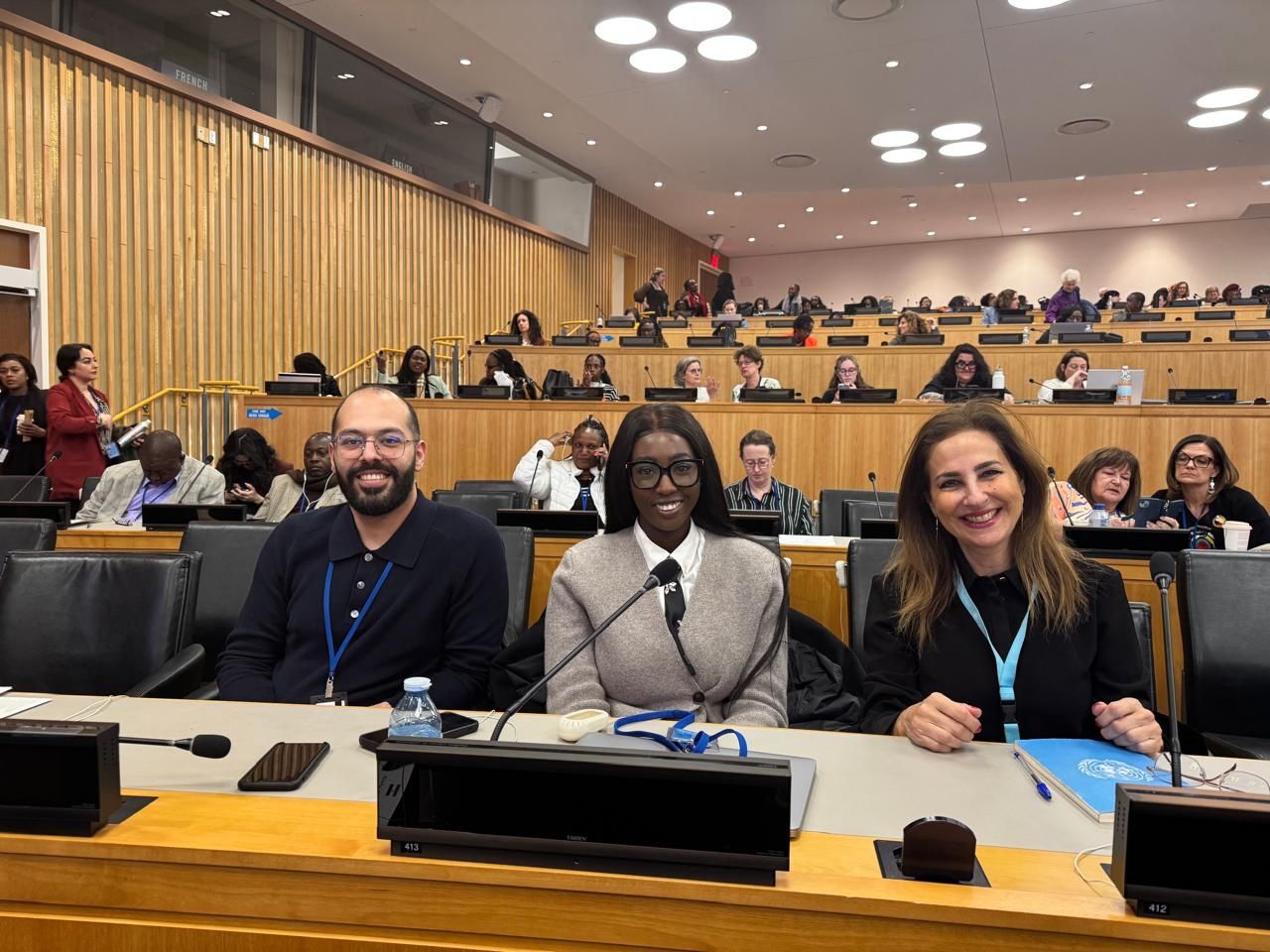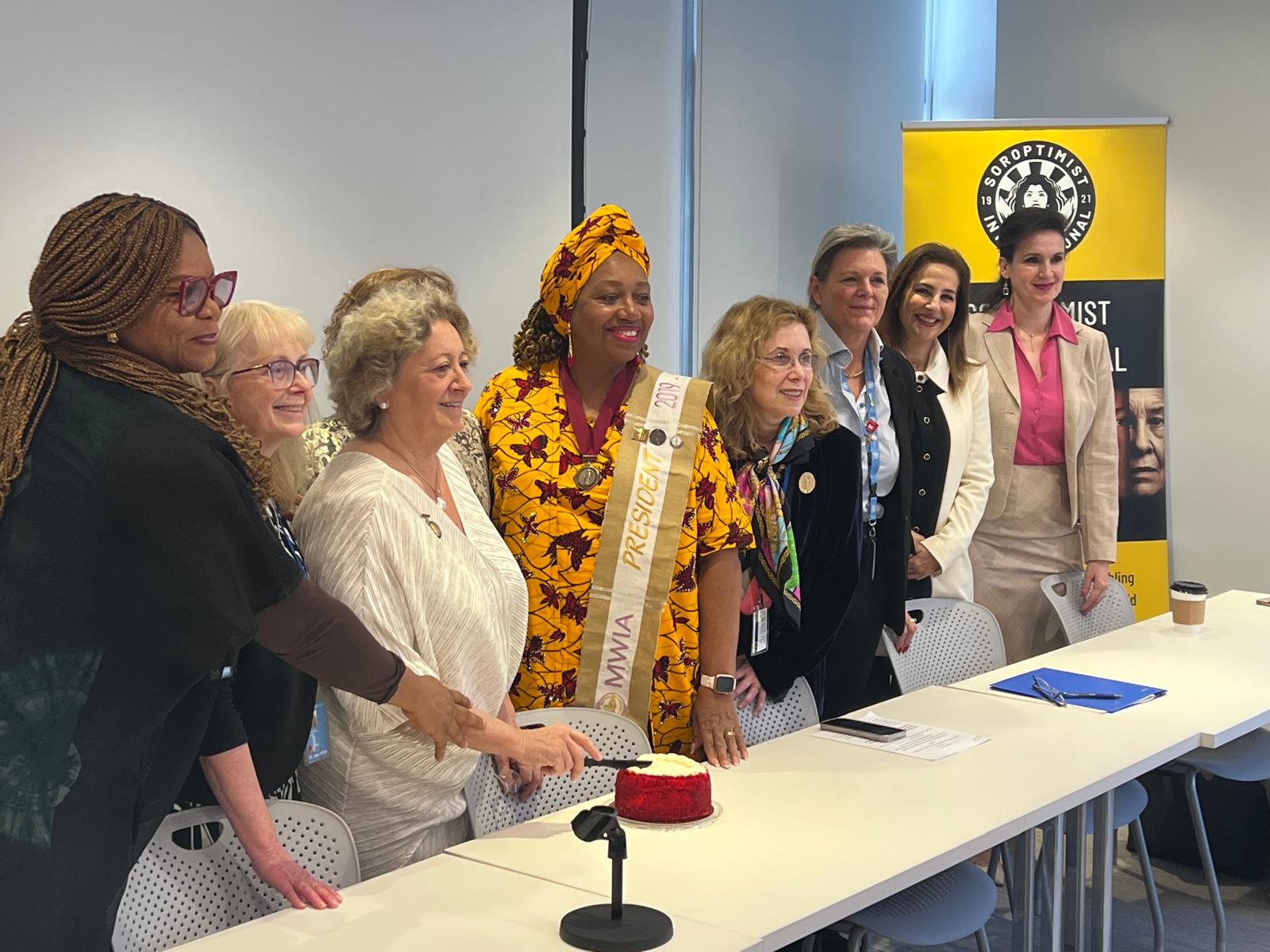Since the Taliban seized power in 2021, women and girls in Afghanistan have been subjected to severe repression of their rights and freedoms. These repressions are so severe that UN experts, legal scholars and activists agree that it amounts to gender apartheid, a system of apartheid that deliberately subjugates women and girls on the basis of gender.
Every Woman Chief of Coalition and Global Programs, Judge Najla Ayoubi, is active in the effort to have the definition of apartheid expanded to include gender. Judge Ayoubi was the first woman judge in Afghanistan’s Parwan Province and played a key role in the drafting of Afghanistan’s constitution before threats on her life prompted her to flee the country.
During the 68th Session of the Commission the Status of Women, the UN’s largest gathering on gender equality, Judge Ayoubi spoke at the session on “Crimes Against Humanity in Afghanistan with a Gender Lens,” providing context and offering solutions, including a global treaty to address violence against women and girls. Her presentation was covered by the Afghan news channel, Afghanistan International.
Video: Courtesy of the UN Audiovisual Library
Text of Judge Ayoubi’s presentation:
12 March 2024
Since the fall of Kabul, the rights of women and girls have been systematically violated. Women and girls have been prohibited from the right to education; only girls can study until sixth grade. Women have been prohibited from working outside the home except for a portion of the medical professions.
Violence against women and girls is on the rise in the country, particularly domestic violence, child marriage, and forced marriage. Even women and girls are being sold to feed the rest of the families in the poorer Afghan communities
Security is another challenge for women and girls. Their movement is being watched and controlled by the Taliban, and even their family members (father, brother, husband, and son) were punished. It’s easy to be called different names and be accused of getting punished. Women protesters have been captured by the Taliban and been tortured and treated very badly.
Women-led organizations have been told not to have female executive directors or any leadership positions have been replaced by men.
Restrictions have been added on women journalists and women media professionals to cover their faces and at least a couple of women have been murdered or disappeared.
Most of the international supporters provide humanitarian aid to Afghanistan, but unfortunately, in almost all cases, women have been left out.
The consequences of this: Bad policies can be mirrored by other neighboring countries, most impacting Pakistan and India recently. We should respond now; otherwise, all women and girls will pay the price in generations to come.
Recommendations:
- Recognize gender apartheid in the global legal system
- For systematic abuse and violence, there is a need for an international solution; therefore, there is a need to call for a binding framework in the form of an Optional Protocol to CEDAW to end violence against women and girls




